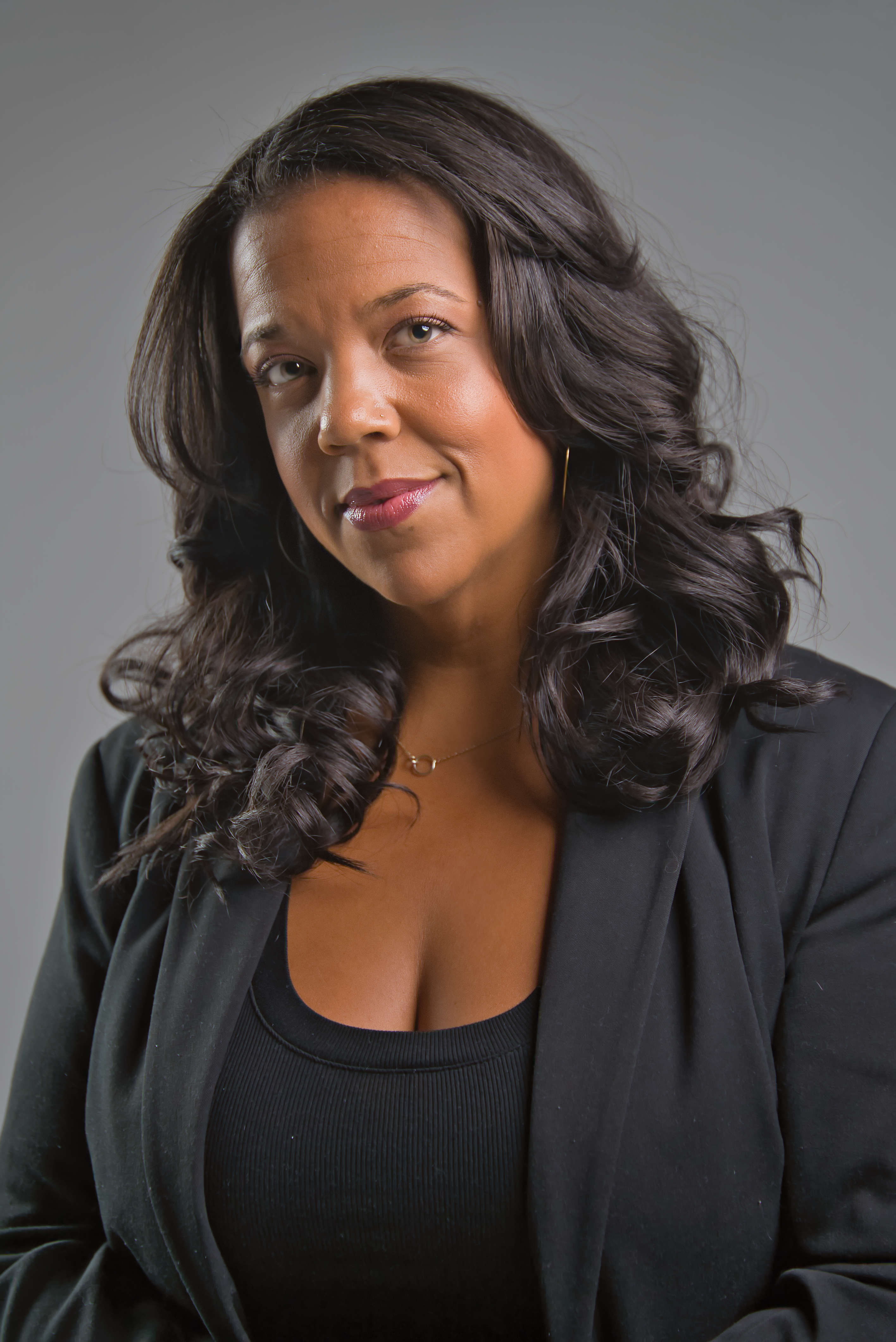Stephanie Parks
/in Postdoctoral Fellows /by webteam
Stephanie Parks
Medical Anthropology, Disability, Autism, Health Inequity, Mass Incarceration, & African American Studies
Email: skeeneyparks@ucla.edu
Biography
Stephanie is a medical, psychological, and linguistic anthropologist whose research centers on the intersection of Black family life, disability, autism, special education, health inequity, and mass incarceration. She explores the ways that everyday Black families subvert violent social systems to gain access to the good life for their children. Her current research expands upon this by focusing on how race and disability co-construct higher-than-average experiences with police violence and mass incarceration. The impetus for Stephanie’s research is her lived experience as a Black woman and mother of an autistic adult.
Education
- M.A., Medical Anthropology, Creighton University 2017
- Ph.D., University of California, Los Angeles 2024
Publications
- **Irsheid, S., Keeney Parks, S., & Linsey, M. A. (2024). (Re)assessing clinical spaces: How do we critically provide mental health/disability support and effective care for Black and Brown young people who are impacted by structural violence. Academic Pediatrics.
- Keeney Parks, S. (2025). Black Language in Clinic Spaces. In L. Arnold, E. Avera, A. I. Corwin, & J. R. Guzman (Eds.), Language and Health in Action.
- Keeney Parks, S. (Fourth Coming). “Gaming the System” as Strategic Mothering: Black Parents of Children with Autism Decision Making as Resistance to the Intersections of Ableism and Racism. In R. Lester & L. Cubellis (Eds.), Traces of Care.
- Mack, A., Keeney Parks, S., & Parks, W. (2024). On Love and Abolition: Building a Speculative Practice of Transformative Justice in Psychological Anthropology. In R. Lester (Ed.), Innovations in Psychological Anthropology.
- **Mattingly, C., & Keeney Parks, S. (2022). “Haunted by the Future: Autism and the Spectre of Prison – Configuring Race and Disability in the African American Community.” In L. Meinert & J. Seeberg (Eds.), Configuring Contagion: Ethnographies of Biosocial Epidemics (First edition). Berghahn Books.
- **Moore, L. F., & Keeney Parks, S. (n.d.). When Can Disabled Black Folks Come Home? The Krip-Hop Movement, Race, and Disability Justice. In H. S. Alim, J. Chang, & C. Wong (Eds.), Freedom Moves; Hip Hop Knowledges, Pedagogies, and Futures. Oxford University Press.
- **Tunette Powell, & Keeney Parks, S. (2021). They Never Listen to the Parent: Parent Narratives at the Intersection of Racism, Education, and Disability. In D. Hines, M. Boveda, & E. J. Lindo (Eds.), Racism by Another Name: Black Students, Overrepresentation, and the Carceral State of Special Education. Information Age Publishin
PUBLIC SCHOLARSHIP
- Race, Disability, and Medicine; The Special Report, Areva Martin
- See the Forest, Autism’s First Child; Pod caste Summer 2022
- African Americans and Autism, The Special Report; Areva Martin Spring 2022
- Mental Health and Black Parents of Disabled Children: Dr. Leaf, Podcast Spring 2021
- Despite the Barriers, There’s Joy: Incluse This Pod Caste, March 2021
- African Americans and Autism; The Special Report, Areva Martin
- In A Different Key: A True Story of Love, Difference, and The Fight to Belong. Documentary appearance, https://www.inadifferentkeythemovie.com/Produced by John Donvan and Caren Zucker
- How Racism Impacts Black Kids with Autism: From the Clinic to the Classroom, SpeakUP United Parents, Blog

